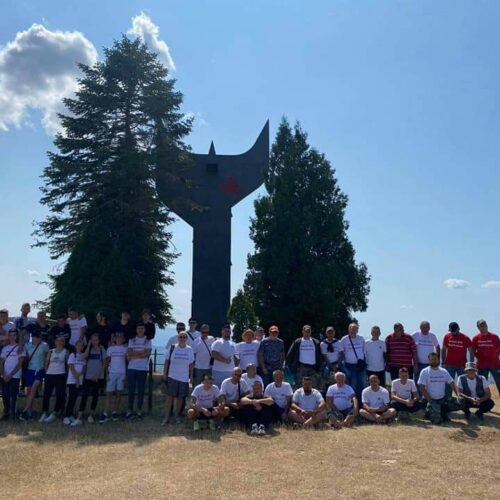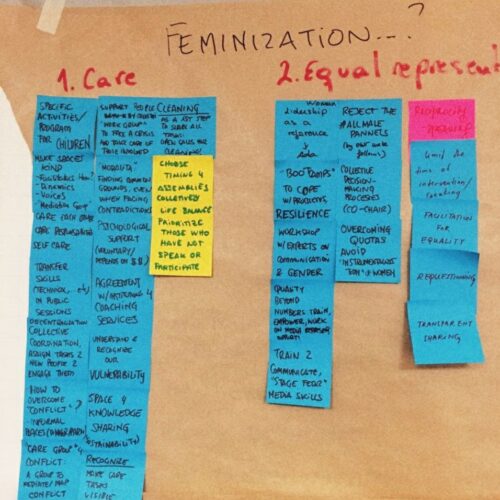There is a common and very normalised paradigm in activism: activists exhaust themselves with hard work and little rest until they are at the brink of collapse aka burnout. Self-care is often not part of the idea of changing the world for the better, though we think it is important and even necessary to bring about the change in us and our surroundings that we long for. To do so, we have to transform our view on resting, pausing, reflecting and receiving care – seeing it less as something that shows laziness or weakness but as an essential part of resourcing to be able to step into the versions of ourselves we need to be to do the work we want to do.
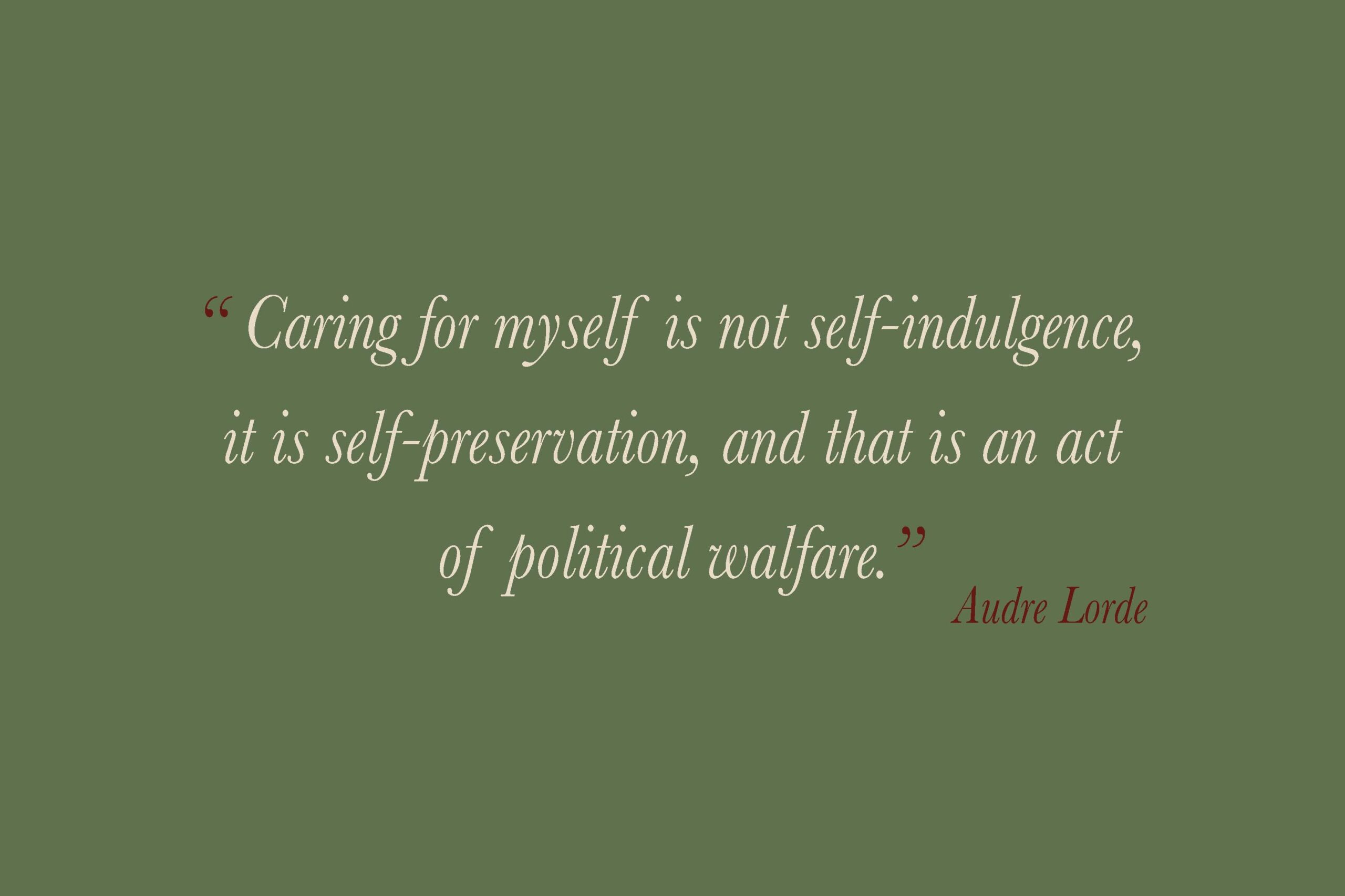
For ourselves and in our work at selfrooted – a space for adopted and fostered people – we put care at centre-stage. We know that only then can we channel our energy responsibly and sustainably, to be able to work for us, our vision and in service of the people we are holding space for.
It is also not a coincidence, that in many cases activism is fuelled by the personal experience of powerlessness. An oppressed group often stands up to shape a different world for the improvement of their lives – to fight for social justice comes hand in hand with feeling seen and valued in our personal realities. We as the creators of selfrooted have a similar story: the project was birthed through sharing with each other our experiences of growing up as Black people in white adoptive and foster families in Germany and talking about the grief of the unseen as well as the unspoken aspects connected to this. Thus, our work today weaves personal themes of care, belonging and trauma with systemic ones of adoption and foster care, racism, capitalism, heteronormativity and all the other issues that come up when the personal and the systemic meet. Because of this complexity and our dedication to change, we are prone to give, to keep doing (to survive) instead of allowing ourselves and having the access to receive care. To break this cycle of traumatic overdoing we need to check in with ourselves, our bodies, our minds and emotions and to let our nervous system rest on a regular basis. Care here becomes a symbol as well as a grounding strategy for systemic transformation.
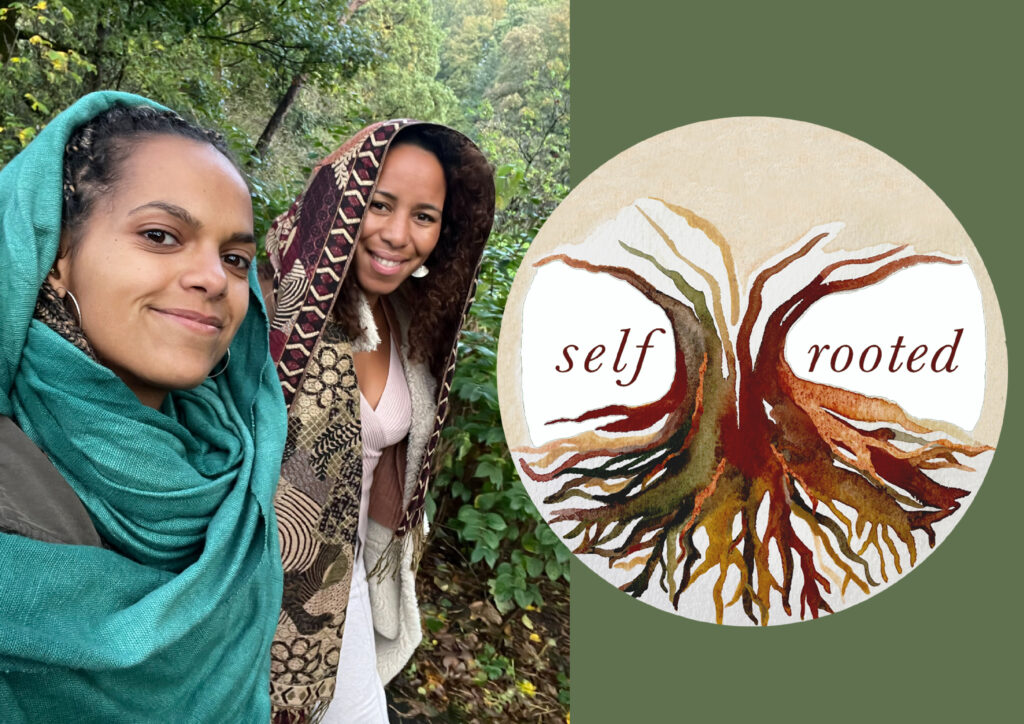
In our current workshop series for BIPoC adopted and fostered people in Europe, called Finding Myself Together, we are aware that we as facilitators act as role models and thus need to embody what it is that we are teaching. To do so, we need to make self-care a priority in a system that is designed to make us fight against injustice and work until total depletion. We know it already: the fight mode is a trauma response. Knowing that “we can only give what we have” allows us to see that we ourselves have to build a strong foundation to be able to hold space for others and all the complex realities that we are also personally intertwined in. As people who share the experience of adoption and foster care, there’s never really been safer spaces to metabolise our trauma. We see this healing path as ongoing and needing an interdependent care network for each of us to be able to navigate through the systemic harms, the (inter)generational traumas that surface feelings of powerlessness, exhaustion and nervous system overwhelm.
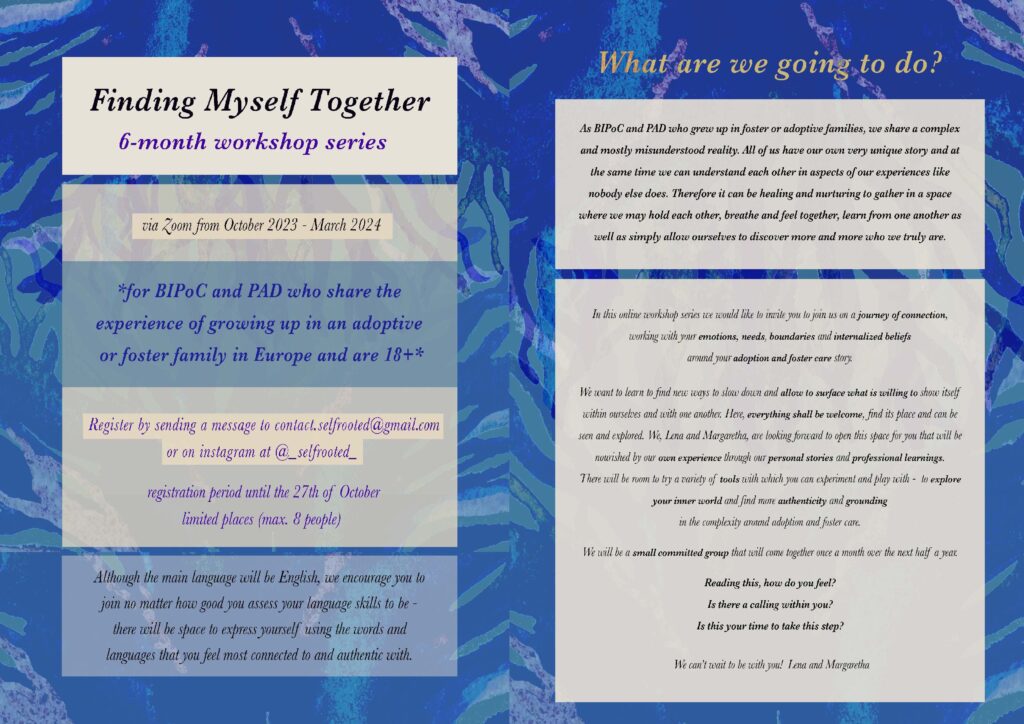
When we use care as a vehicle to achieve change, we are more aligned with our humanness and we are also resisting a capitalist notion of activism and work ethics – one that is paved by short-termisms and lacking holistic approaches. When one’s able to flip these notions, we can start seeing ourselves as changing and entangled nervous systems: we all need calmness, belonging and dignity to be open to each other. Only so will we be able to see, feel and hear one another, which is the basis of integrated and inclusive activist work.
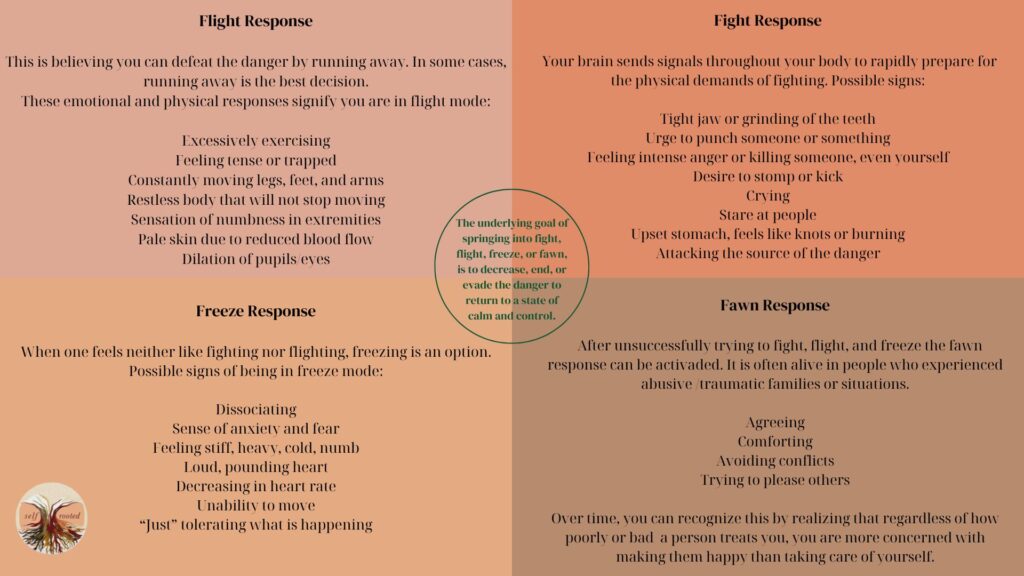
How exactly can this kind of activism look like?
It has to be one that changes its focus from without to within. And of course, this will not be a fast and painless process, but one requiring radical patience, trial and error, openness, curiosity, playfulness and courage to build a new culture for the self and the many. It is not a simple decision to dive into the softness of care while the world out there is so turbulent for many of us. However, this is exactly why. Because who takes care if we don’t? Paradoxically the answer lies not only in feeling and setting our own boundaries but also in seeking support. This does not mean to give up social responsibility but exactly the contrary: especially for those who hold privilege and power, pausing and working through your own socialisation to care practices first builds the basis for collective transformation. Meanwhile going within also means to know where we stand at a moment in time and what we can give without overstretching ourselves. This process will look very different for all of us individually.
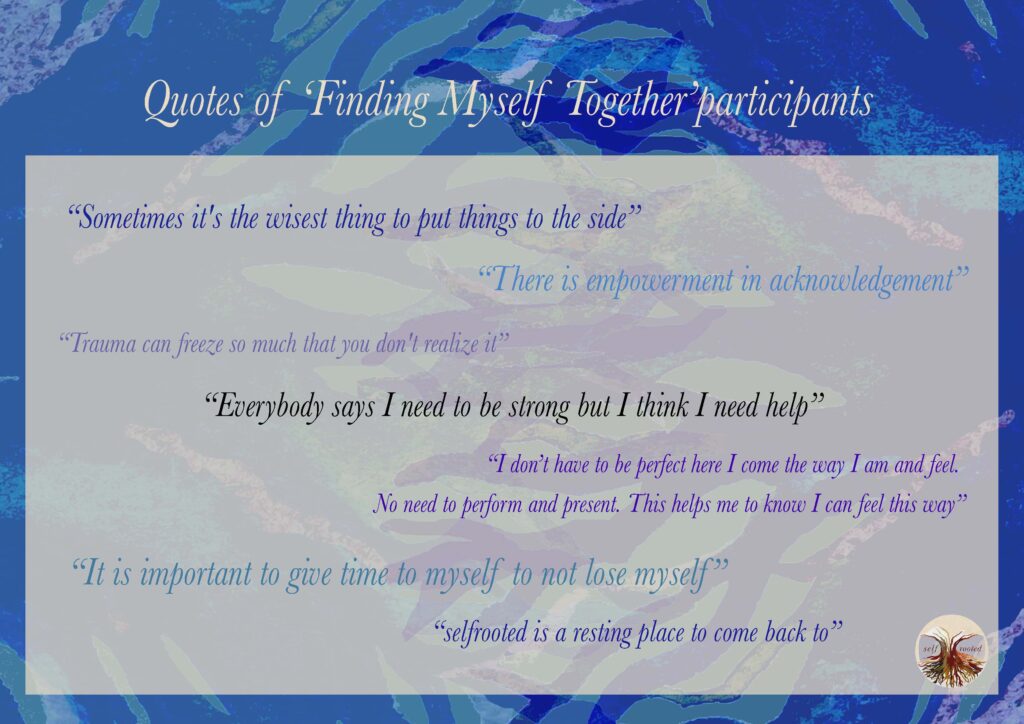
As selfrooted facilitators, taking care can look like checking in on our physical and emotional bodies routinely and to prioritise what is really needed right then and there. This needs us to be flexible and to trust that our vision will manifest itself through us when we are aligned with ourselves and our power.
With all of this we want to invite you to reflect on your personal relationship with care and how you can integrate and balance it for a more holistic and sustainable activism that we know the world yearns for.

